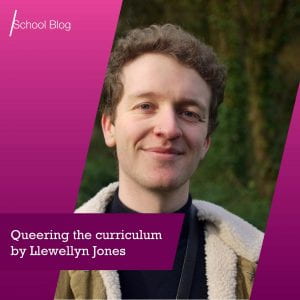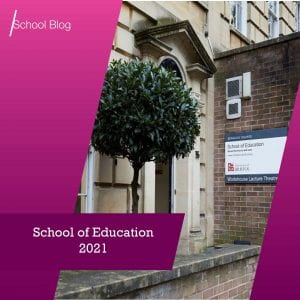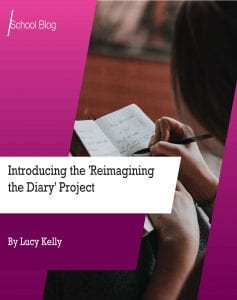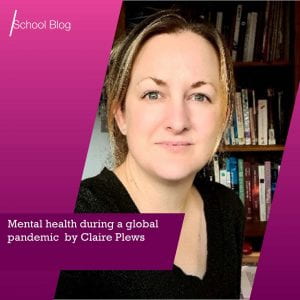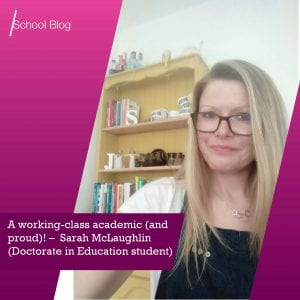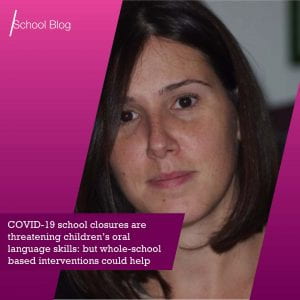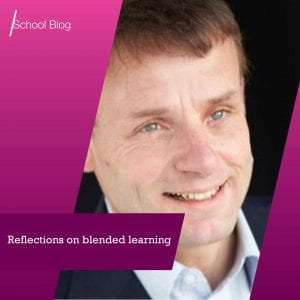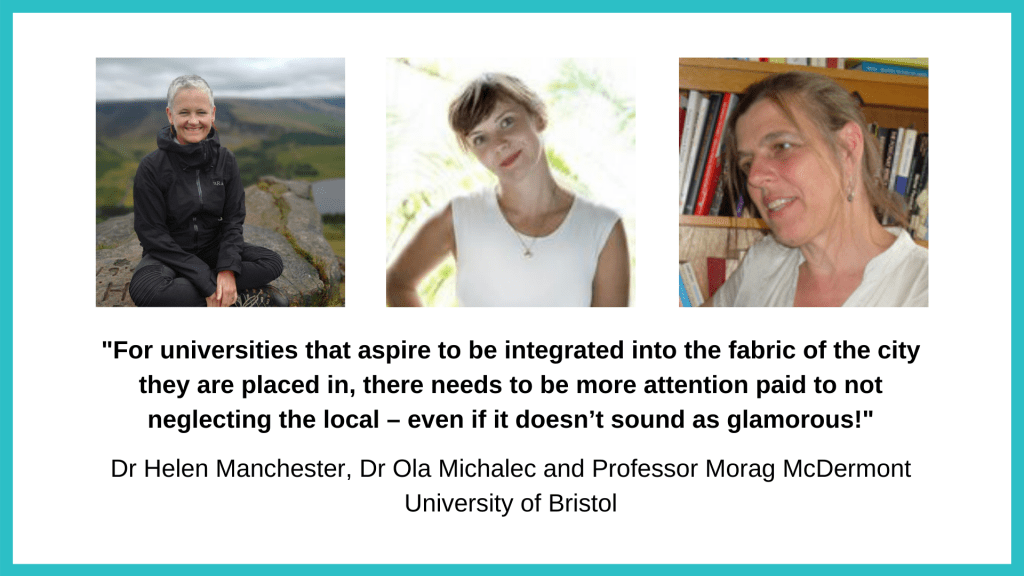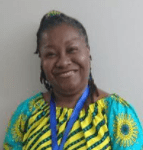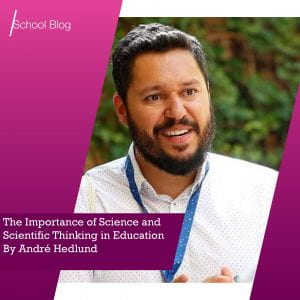 Blog post by André Hedlund, Chevening Alumnus, MSc in Psychology of Education from the School of Education at the University of Bristol.
Blog post by André Hedlund, Chevening Alumnus, MSc in Psychology of Education from the School of Education at the University of Bristol.
In 2019 I had the privilege of attending an event promoted by the Federal University of Goiás (UFG) with two great references of Brazilian science: Luiz Davidovich, president of the Brazilian Academy of Sciences; and Ricardo Galvão, former president of the National Institute for Space Research and former director of the Brazilian Center for Physical Research. This event made me think about how fundamental the role of science and scientific thinking is for future generations if we want to avoid the things we’re witnessing today. As teachers and educators, should we engage with this debate or should we “stick to our subject” without judging or questioning our students’ assumptions about things related to science? This post challenges the view of sticking to our subject based on the scenario depicted in these two scientists’ talks. (more…)

